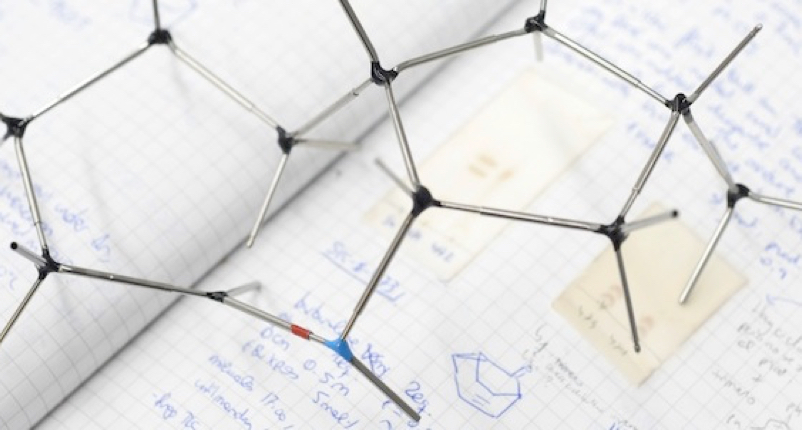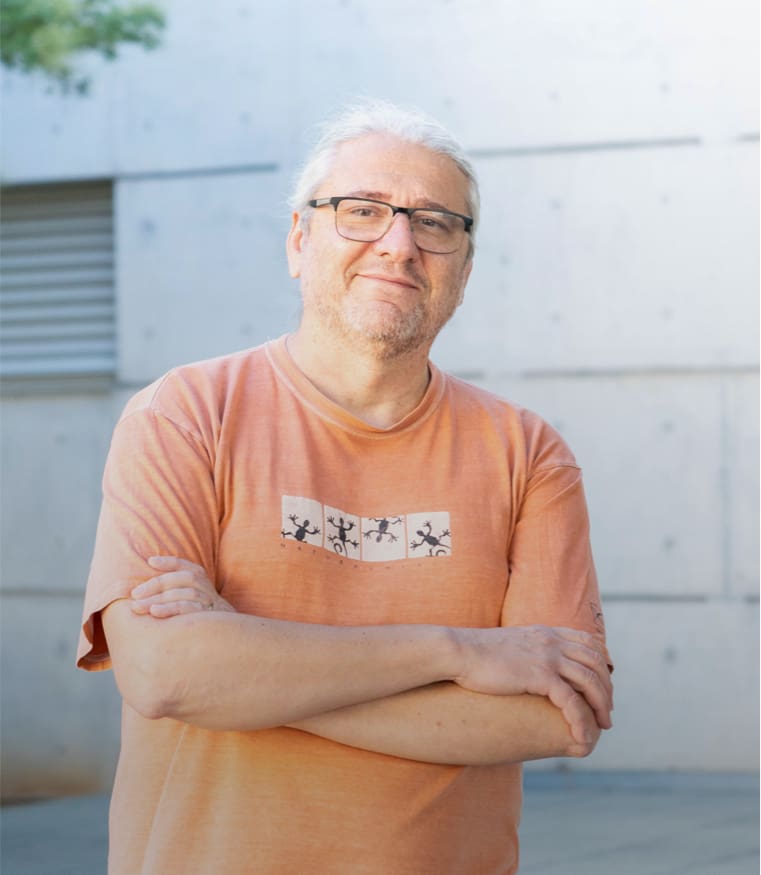The Positive Effect of Iron Doping in the Electrocatalytic Activity of Cobalt Hexacyanoferrate
The lack of an earth-abundant, robust, and fast electrocatalyst for the oxygen evolution reaction (water oxidation) is a major bottleneck for the development of an scalable scheme towards the production of electrolytic hydrogen and other synthetic fuels from renewable energy and natural feedstocks. While many transition metal oxides work reasonably well in basic media, very few alternatives are available in neutral or acidic media. One promising candidate comes from the Prussian blue family, cobalt hexacyanoferrate. This electrocatalyst offers robust activity in a large pH range ( 0< pH <13 ), although current densities are limited due to slow charge transfer kinetics. Herein, we report how the partial substitution of catalytically active Co centres by additional Fe boosts current densities, reaching over 100 mA/cm 2 , more than double the performance of the parent Co 2 [Fe(CN) 6 ]. Those new results clearly increase the opportunity for this catalyst to become relevant in industrial-ready electrolyser architectures.

Han, L.; Galán-Mascarós, J. R.
Catalysts 2020, 10, (1), 130
DOI:
10.3390/catal10010130

Let's create a brighter future
Join our team to work with renowned researchers, tackle groundbreaking
projects and contribute to meaningful scientific advancements



















